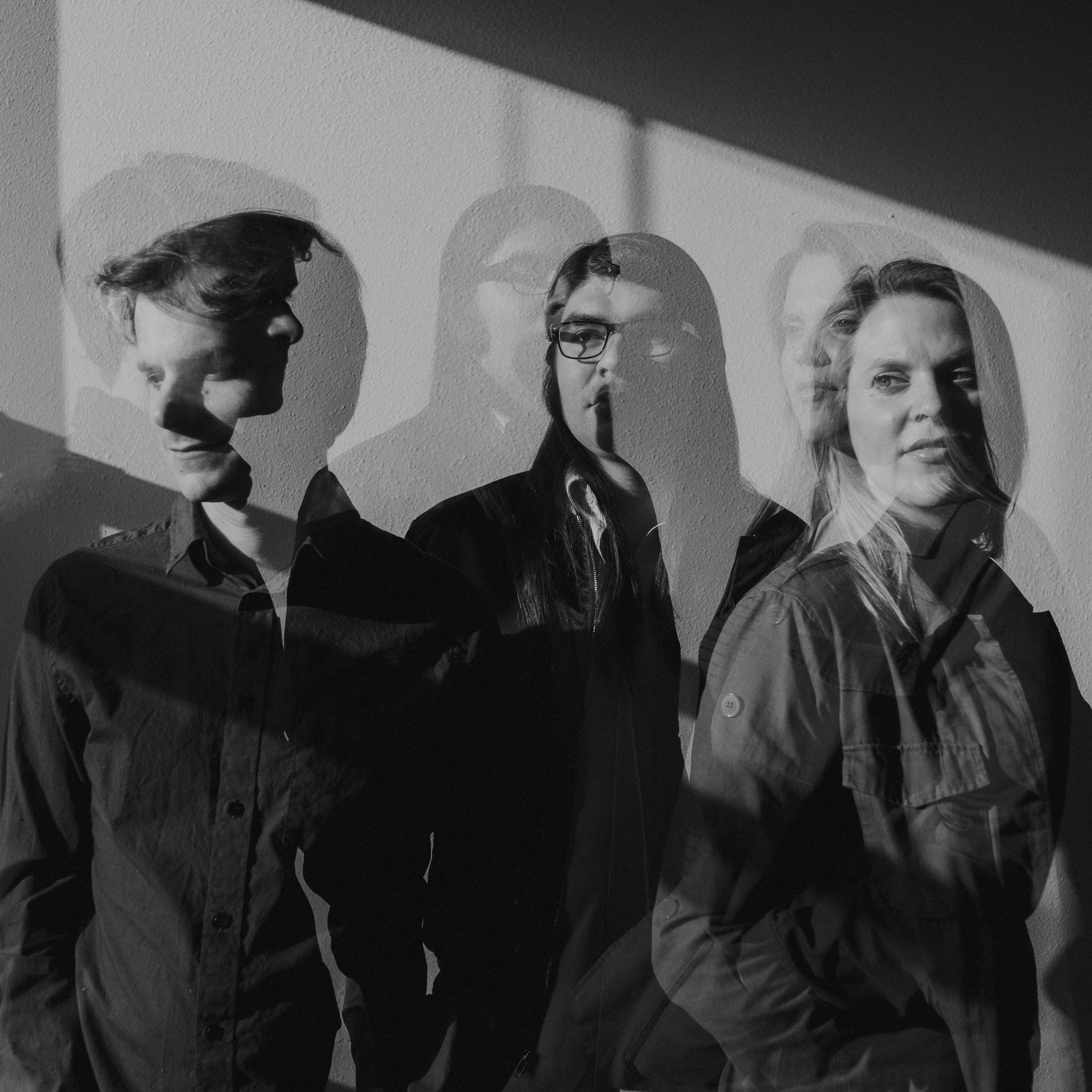Youth Lagoon Experiments with Clarity

The death of a friend prompted Youth Lagoon's Trevor Powers to go in an unprecedented direction.
“My legs are limbs / My shoes are cold stones / All I want is for you to come back home. / I've yelled your name / Through fields alone / All I want is for you to come back home.”
That expression of pain and lost longing opens Savage Hills Ballroom, the new album from Youth Lagoon. The song, “Officer Telephone,” begins with Youth Lagoon’s Trevor Powers singing, barely accompanied by a piano playing single notes while a synthesizer hisses white-noisily in the background. The plaintiveness of the lines is emphasized by their sonic solitude, as if Powers were alone in dark woods calling out forlornly. His voice has a youthful, naïve quality that makes the desperation and sense of loss all the more palpable. He’s alone and doesn’t know why. The instrumentation slowly fills in around him—chorded piano, buzzing strings, sliding notes on the guitar until Powers stops singing. Then, the discreet backing moves to the foreground. The creeping anguish can’t be held back, and it swells and overwhelms him with distorted guitars, Led Zeppelin-sized pounding drums, and speeding synthesizers.
Youth Lagoon plays One Eyed Jacks Saturday night, and in real life, Powers is less mystified by the pain. He knows where it comes from. He had lost a friend, and part of his bonding with the album’s producer Ali Chant occurred as they each tried to process loss. The two started talking via Skype, Powers in his native Boise and Chant in Bristol, England, where Powers would record the album.
While “Officer Telephone” is a strong statement of anguish, Savage Hills Ballroom isn’t. It’s not cheerful, but Powers isn’t sitting in a darkened room with the blinds shades drawn poking his bruises to keep feeling them. The sense of loss didn’t open up new things to say as much as new ways to work. He wanted to communicate more clearly and deliberately. Melody factors more heavily on the album than it did on 2013’s Wondrous Bughouse, where his experimental side led Powers to throw in sounds for sounds’ sake. This time around, he wanted to be as direct as possible, by his standards, of course.
“I use the piano as a glue on this album,” Powers says. In the past, guitars or synthesizers have provided the sonic through line on his albums. This time, pianos serve that purpose with their sound, what they play, and the way they’re played. “The piano did exist as negative space, and I’m trying to let the negative space speak just as much if not more than when things are layered.”
Powers is a good-enough pianist, as as he’s good enough at most instruments. He doesn’t imagine parts he can’t play, and he can do the things that serve his vision. He believes his limitations serve him well in that they keep him on track. “I’m not spending months dicking around on something that gets me nowhere,” he says. On Savage Hills Ballroom, that has meant playing parts that required some patience, but that could stand on their own and carry the weight he needed them to. Those parts are left relatively unadorned, certainly next to the high-density standard set by Wondrous Bughouse.
“I wanted a break from the chaos,” Powers says.
“Your environment, whether you like it or not, always bleeds into what you’re creating,” Powers says. He has lived in Boise since he was two, so he can’t point with any certainty toward how it has affected his music. “If I was to grow up in New York City, I’m sure my music would be presented in a 100 percent different way than it has been.” He does know how Bristol, England affected things. Going to a new city for two months to record Savage Hills Ballroom took him out of familiar physical and social environments, as well as all the things that ground him. Freed from them, Powers found it easier to make musical choices he might not have in the past, and to go places he otherwise might not have gone. Getting away from a familiar environment made it easier for him to experiment in new ways and with new things.
“It forces you to be uncomfortable and challenge yourself,” he says.
Performing his songs live used to be harder for him is now. In that arena too, Powers has embraced the challenge. Savage Hills Ballroom is emotionally delicate, but that’s not how the songs sound in concert. “I’m taking the idea of these fragile songs and making them more theatrical, more of a spectacle,” he says. “It’s more bombastic, while on the record we show a little more restraint.”
Focusing on the idea of the song allows him to stay true to it and find a way to play that makes sense in a public space, just as focusing on the words helps him hone in on feelings. “Nothing has to be fabricated. Once the first note is hit, I get back in the mindset I was in when I wrote it. When you’re onstage, you’re the same person, but a different me comes out. I almost feel possessed by the music.”






